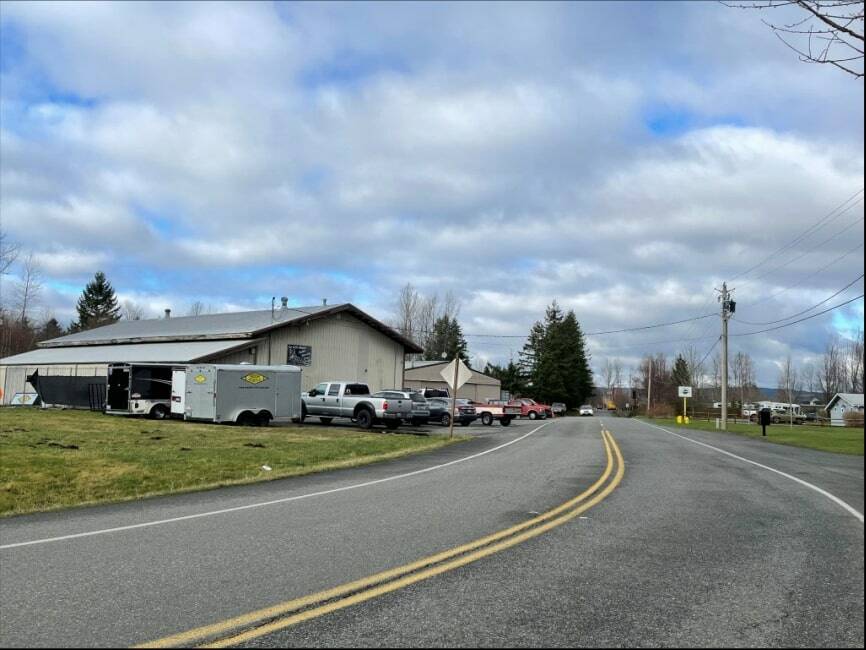The City of North Bend has made forward progress on the Meadowbrook Utility Local Improvement District (ULID) project, as the city council unanimously agreed to include city-owned properties in a potential ULID proposal.
The move itself does not form the ULID or approve construction, but signifies that the city supports the project moving forward, after a multiple month delay. Under the resolution, city-owned properties are included in any ULID petition that is supported by a majority of private property owners and meets other basic legal requirements.
Without the inclusion of city-owned properties, the formation of the ULID was both legally and logistically improbable, as city properties make up a majority of the area, giving the council significant sway over the petition.
“If the city did not participate, it would be difficult to design a district that meets that value test,” said North Bend Mayor Rob McFarland. “That’s what brought us to Tuesday’s (Feb. 1) vote.”
Commercial property owners have been asking the city for years to bring a sewer to the area so that they could fully develop their business. The city has been working on the current ULID project since at least 2019.
In a statement, the city said a sewer would provide an economic benefit to the city, generating more sales tax revenue and decreasing its dependence on property taxes.
McFarland added that the ULID would have additional environmental benefits in the Meadowbrook neighborhood, which has some of the lowest elevation and highest ground water tables in the city.
For a ULID to form, it must receive majority support from property owners, by land area, within its boundary and the improvement must increase the area’s overall property value.
In November, a petition for a proposed ULID started by property owners found that 53% of private property owners supported the implementation of a sewer system. However, this didn’t constitute a majority as city-owned properties — which make up about 20% of the ULID area — were not included.
That same month, the council was asked to decide if its properties would be included, effectively deciding the fate of the ULID.
The council delayed that vote, amid concerns raised by North Bend City Councilmembers Jonathan Rosen and Brenden Elwood, who said many residential owners in the neighborhood were concerned the cost of the project would price them out of their homes.
“There’s a lot of folks out there who feel they’re going to be forced out of their home,” Rosen said at the Nov. 16 council meeting. “They’re not interested in developing their property. This is their forever home, this is their retirement home. I don’t want to see us put a burden on these folks.”
Until the council’s vote Feb. 1, the project had stalled as the city contemplated how best to address the concerns of these residential owners. McFarland said he is sympathetic to the concerns of these residents and the city has been exploring alternatives of these owners, but wanted to move the project forward so city staff could explore solutions in more detail.
“I am committed to looking for a solution for those in the residential area. I’ve made that commitment and I’m making it again,” he said. “[This resolution was] whether we should be part of any ULID, so I know how to move forward, and what that ULID might be.”
With the inclusion of city-owned properties, the approval rating for that current ULID proposal jumps from 53% approval to 73% approval and can now move forward.
McFarland said that although the proposal is still valid, it could be months before the council votes on whether to accept it. If a proposal is accepted by council, the city will hold a public hearing with at least a 30 days notice then can make a final decision on whether to form the ULID.


